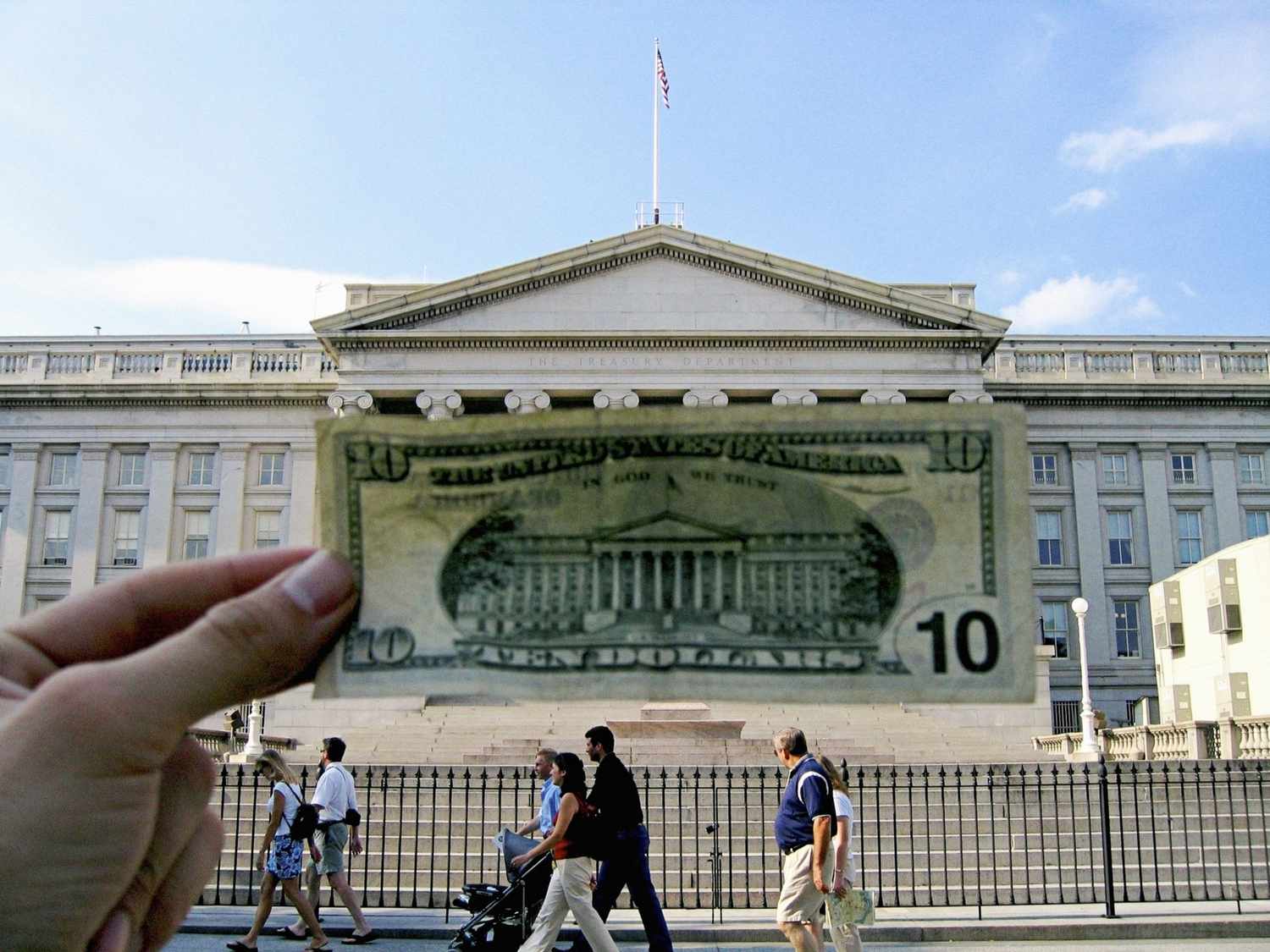New Letter Calls on Biden Administration to Demonstrate International Leadership Through Domestic Anti-Money Laundering Reforms
Washington, DC – Global civil society organizations collectively representing more than 100 groups sent a letter to U.S. Treasury Secretary Janet Yellen today calling on the U.S. to advance specific, meaningful financial transparency reforms to ensure the U.S. does its part to defend worldwide freedoms in the wake of the second Summit for Democracy.
“Civil society groups from outside the U.S. have made it clear that if our country is serious about its anti-corruption commitments, it must lead by example by getting its own financial secrecy house in order,” said Ian Gary, executive director of the FACT Coalition. “In her speech today, Secretary Yellen reaffirmed that the U.S. is still the best place for bad actors to hide ill-gotten gains, an unsavory distinction that has remained true since the Secretary said as much at the first Summit for Democracy. The U.S. still has much to do to combat the illicit financial flows that continue to rob the global south of needed revenues, fan the flames of war in Ukraine and elsewhere, and enrich kleptocrats and transnational criminals to the detriment of their nations’ economies. The world is looking to the U.S. to take decisive action at home.”
The letter called on Treasury to faithfully implement the U.S. beneficial ownership reporting regime to be established under the landmark Corporate Transparency Act, the rollout of which has drawn criticism from a diverse collection of lawmakers, civil society organizations, and business and law enforcement groups. As the signatories note, failure to address severe weaknesses in a recent draft rule to implement the law – particularly in its limitations around sharing information with trusted foreign law enforcement partners – could “seriously undermine U.S. credibility in the global fight against dirty money.” The global groups also raised the issue of a proposed FinCEN reporting form that would potentially gut the U.S. beneficial ownership transparency law. Just today, FinCEN indicated it may withdraw and revise the form to ensure it promotes fulsome disclosures, in alignment with the law’s requirements.
Another key to the success of the U.S. beneficial ownership directory is the quality of the data that is entered into the database. The United States – as part of a commitment announced today with 20 nations – committed to “develop appropriate verification measures,” the document says, “to ensure that law enforcement and other competent authorities have access to high-quality beneficial ownership information.”
Other measures recommended in the letter include regulatory action to tackle money laundering through the $50 trillion U.S. real estate market, as well as through the $11 trillion private investment market. Though Secretary Yellen noted that Treasury is currently working to address vulnerabilities in real estate and private investment markets in today’s remarks, no formal timeline has been established for these critical rulemakings.
Signatories of the letter include a number of leading regional anti-corruption coalitions, including the Asian Peoples’ Movement on Debt and Development, the Financial Transparency Coalition, the Latin American Network on Economic and Social Justice (LATINDADD), and Tax Justice Network Africa, alongside 32 other organizations spanning Africa, Asia, the Americas, and Europe.
###
Notes to the Editor:
- The letter signed by 36 global civil society organizations.
- Full remarks by U.S. Treasury Secretary Janet Yellen at the launch of the Second Summit for Democracy can be found here.
- Read more about the need for major revisions to Treasury’s second draft rule to implement the Corporate Transparency Act, setting protocols for access to the beneficial ownership database, here.
- Read a comment from 15+ organizations about the risks of leaving the proposed FinCEN form as it is, with fields allowing entities to state that they are “unable to obtain” certain information, or that such information is “unknown.”

